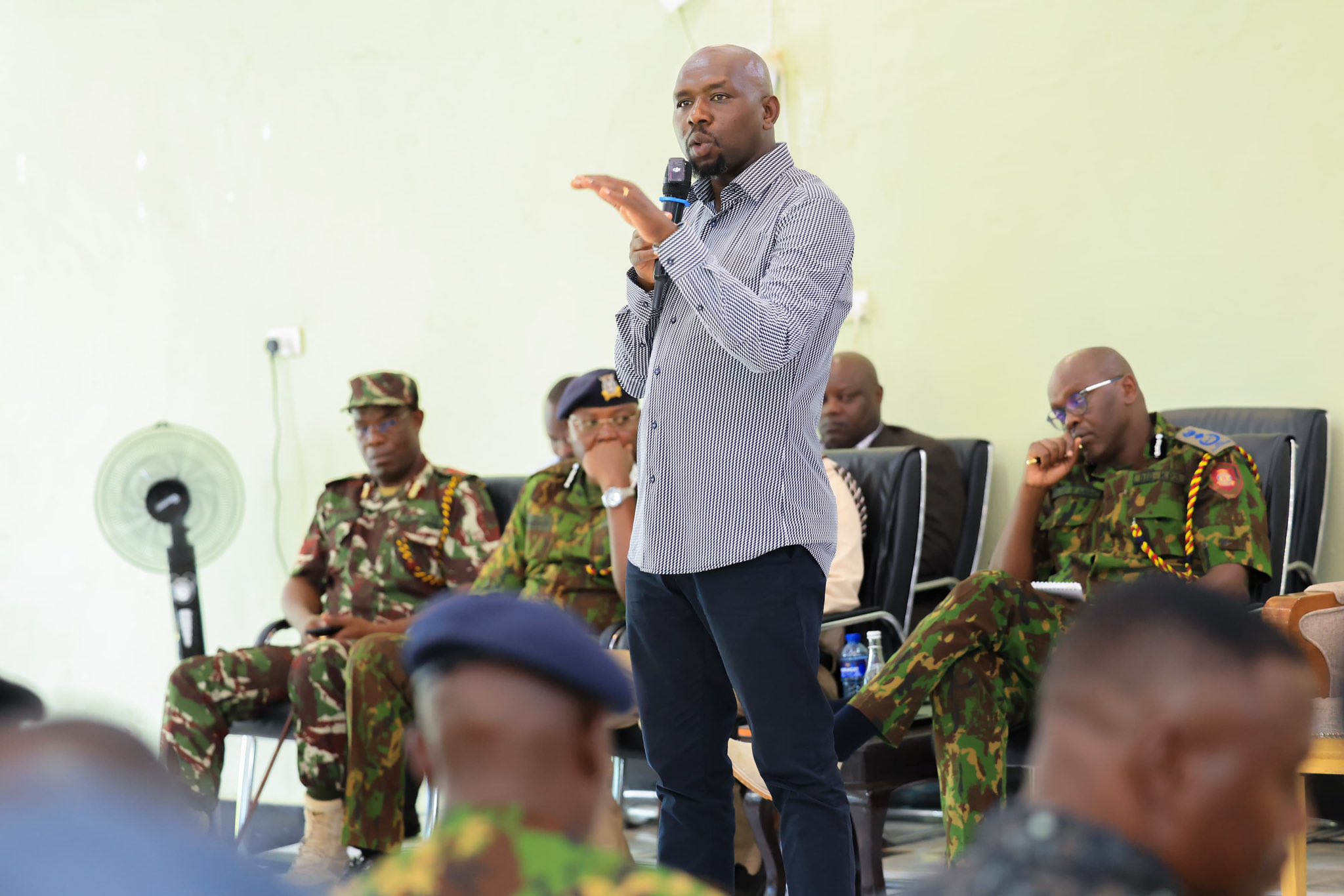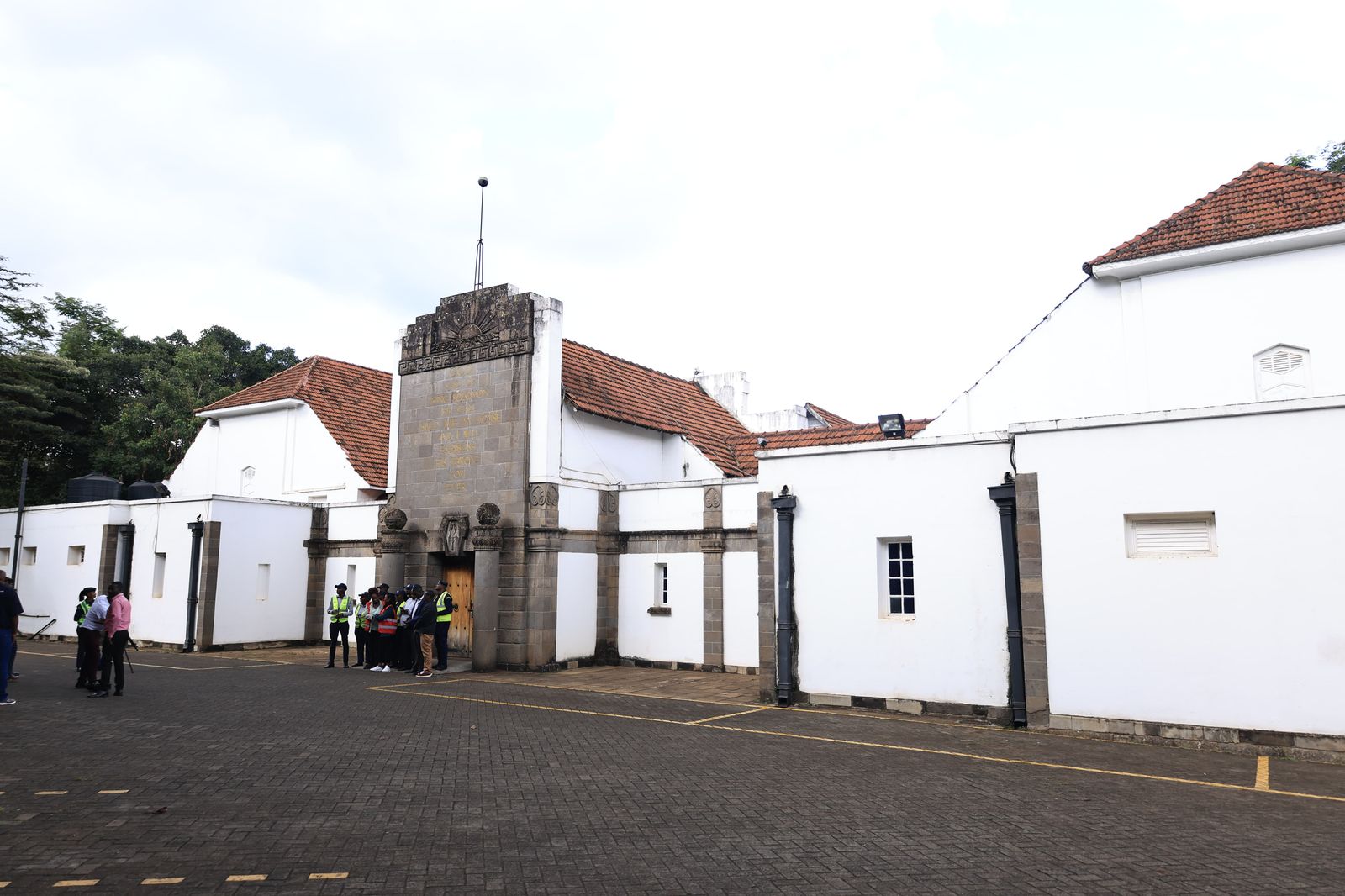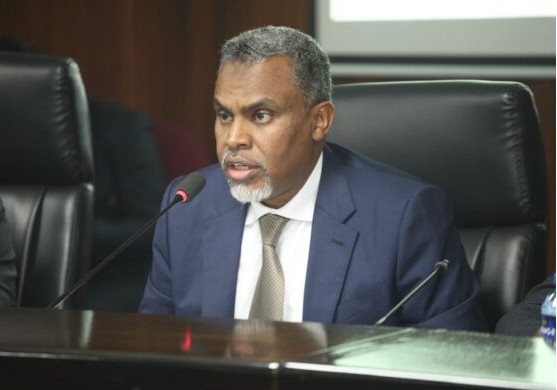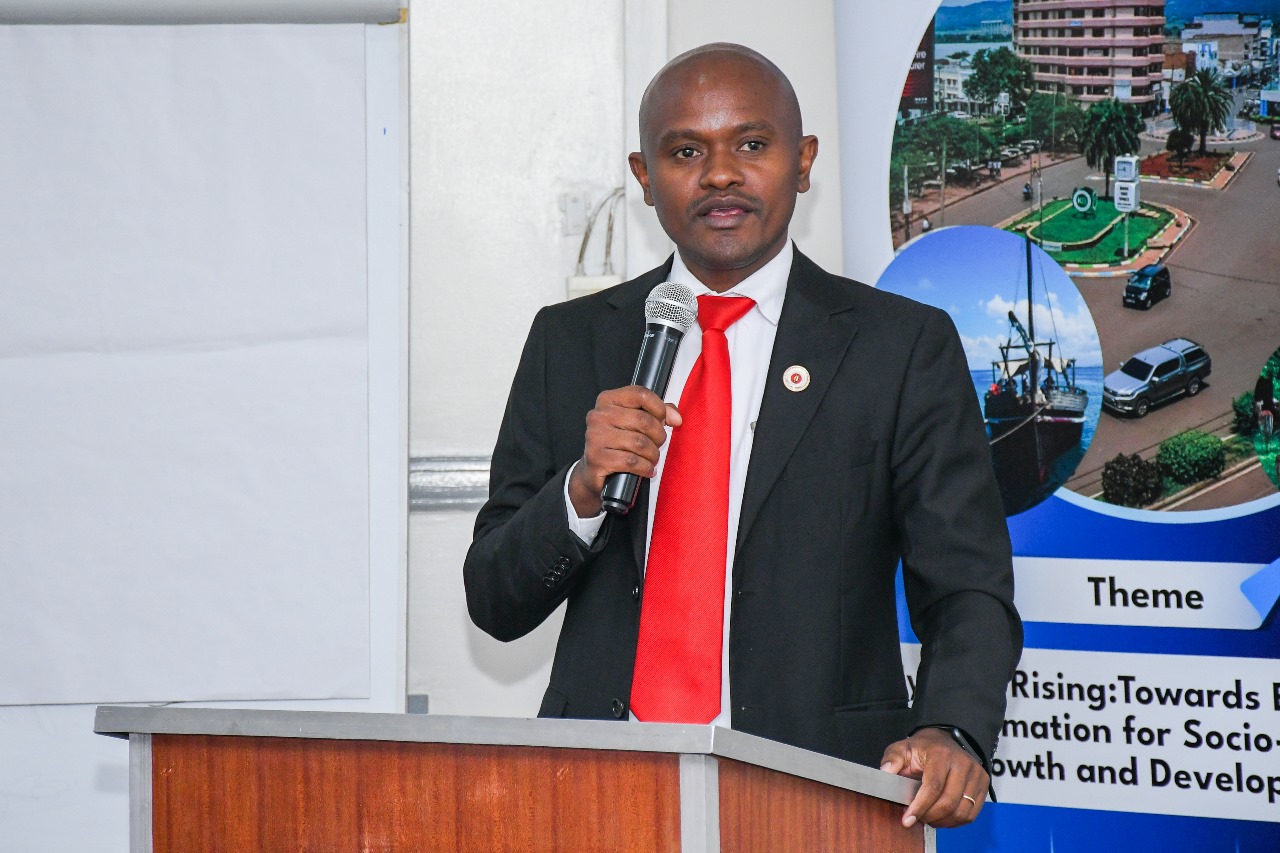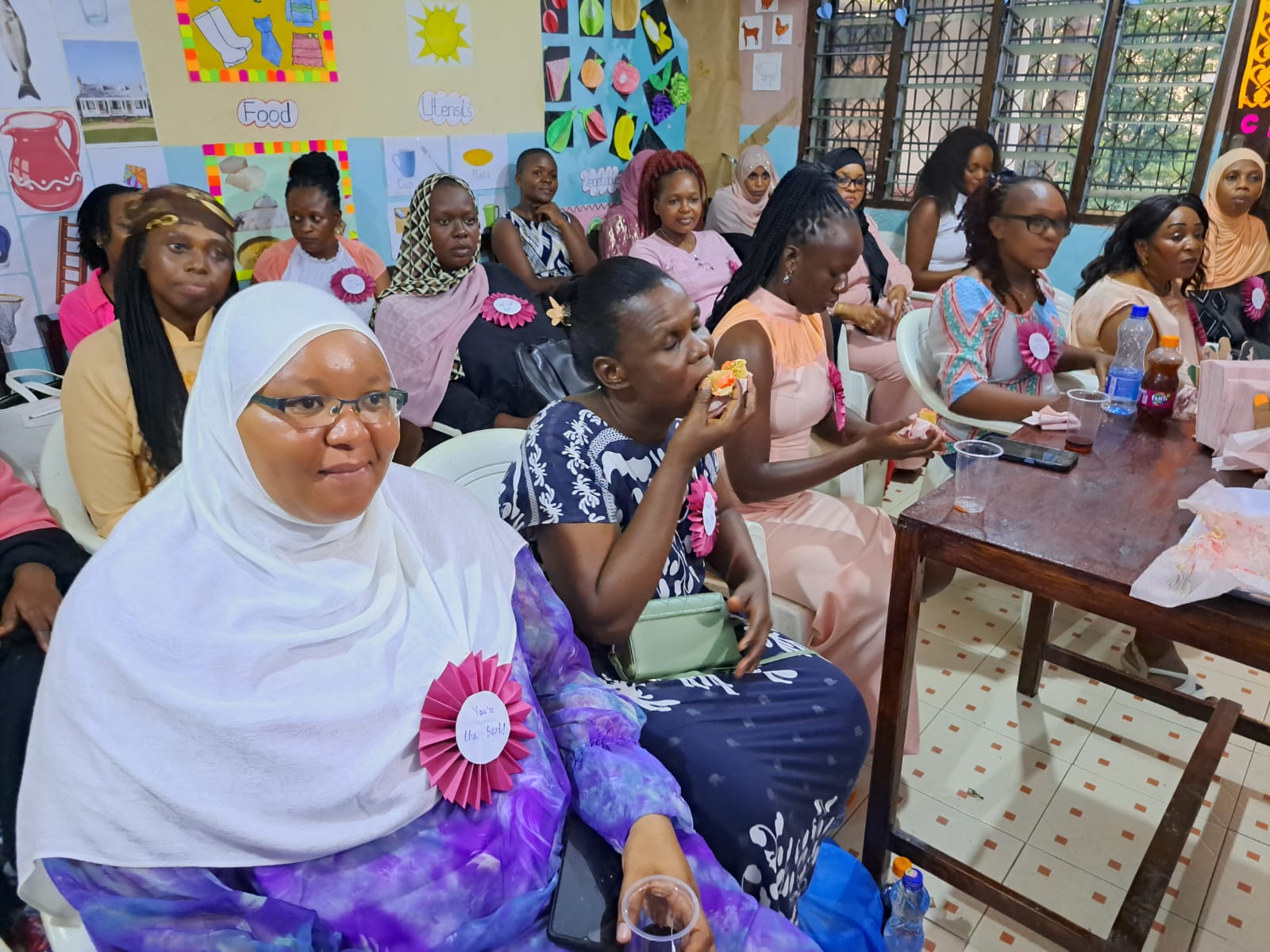Translate Hansard into local languages, forum tells Parliament, assemblies
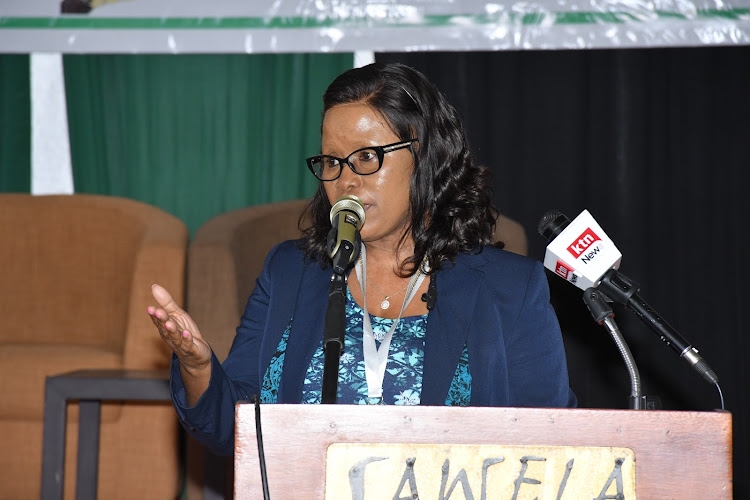
National Assembly deputy clerk Serah Kioko said this would boost public involvement in governance by making legislative proceedings easier to understand.
Assemblies in Kenya have been asked to start translating Hansard records into local languages to bridge the gap between the legislature and the public.
National Assembly deputy clerk Serah Kioko said this would boost public involvement in governance by making legislative proceedings easier to understand.
More To Read
- County assemblies say staring at financial crisis after Sh4 billion budget cut
- Senators want county assembly clerks probed over misuse of public funds
- County assemblies warn of service disruptions after Sh4.2 billion budget cut
- County assemblies threaten to shut down over missing Wajir MCA Yusuf Hussein
“When translated into local languages, there will be greater public participation in legislative affairs,” Kioko said during the opening of the seventh Hansard Association of Kenya annual conference in Mombasa.
Although English, Kiswahili, and Kenya Sign Language are the official languages in Parliament and county assemblies, Kenya has over 43 local languages.
Kioko said that English and Kiswahili are often spoken with heavy influences from native tongues, making comprehension difficult for both Hansard staff and the public.
She called on professionals in the Hansard field to address the language limitations that prevent many Kenyans from following what happens in the legislative chambers, especially in the counties. She encouraged them to learn from countries like India and South Africa, where legislative records are translated into multiple languages to boost public access.
Prof Robert Oduori of Moi University agreed with the idea, saying using local languages in Hansard reports would enhance transparency and democracy. “The accessibility of the Hansard is directly linked to the language we employ,” he said.
He added that embracing local languages could also lead to job creation in the translation sector and help citizens relate better to legislative processes, though resource limitations would need to be addressed.
Hansard Association of Kenya president George Wanyoko highlighted the difficulties Hansard teams face in meeting the requirement to release reports within 48 hours. He said staffing levels remain low, affecting output quality and timelines.
“I would urge County Service Boards to come up with establishments. The process of producing Hansard requires a lot of manpower due to the amount of recording, transcription and editing involved,” Wanyoko said.
He urged the national government to increase support for Hansard departments by recruiting more staff. Parliament currently has only 45 officers, though the need stands at 65.
“Like us, sitting starts from 2:30 pm to 6:30 pm. Converting that audio into text requires a lot. As much as we talk about technology, this technology also requires human input, especially when it comes to punctuation and paragraphing. This technology may not do that,” he said.
Top Stories Today


